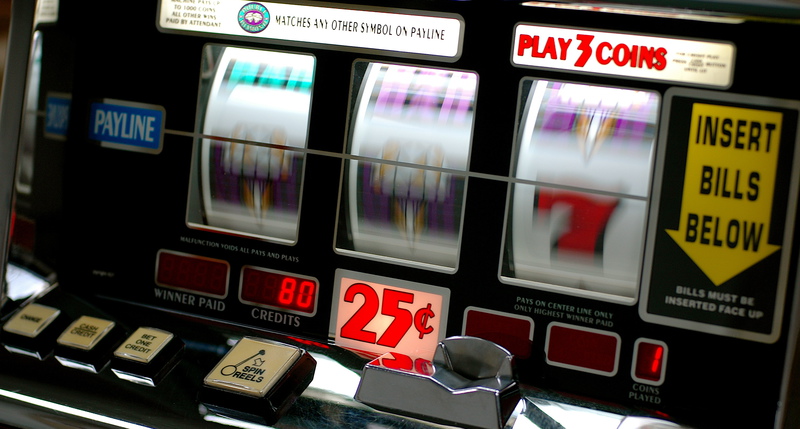






Widow Of Ohio Man Who Lost Family's Money Playing Slots Files Suit Claiming Slots Are Inherently PredatoryWoman Says That Husband's Suicide Was Result Of Slot Machine Industry |
|
|

The widow of a former business executive who lost everything due to a slot machine addiction and then committed suicide is suing the casino and the slot manufacturer over practices that she thinks go to the very heart of the casino industry.
Stacy Stevens, whose husband Scott committed suicide on Aug. 13, 2012 after embezzling millions of dollars from his former company, dusting off the couple’s retirement savings and the kids’ college funds, wants damages from the firm that owns Mountaineer Casino in West Virginia and leading slot machine maker International Game Technology (IGT).
“In a last, desperate effort to gamble, he withdrew the remainder from the 401(k) account and visited the slots,” the lawsuit states. “The family money was gone. Later, at a local park that he had helped develop, he called 9-1-1. When the sheriffs arrived, he pulled the trigger.”
The crux of the allegations is that the casino should have realized Scott had a gambling problem. However, the lawsuit claims that slots, by their very nature, are predatory. In other words, “Scott Stevens did not voluntarily become addicted to gambling” and “his suicide was a foreseeable event, and yet no attempts were made to intervene.”
She said that Scott hid his gambling addiction from his family
Stacy Stevens has argued, through her lawyers, that the slot machine industry has been designed to “yield a product that, for all intents and purposes, approaches every player as a potential addict.”
She believes that slots “exploit” casino patrons.
“Casinos depend on problem and pathological gamblers as the most reliable and substantial source of slot machine revenue,” the 20-page complaint alleged. “Problem and pathological gambling is more widespread than many gambling industry leaders claim. Research on gambling in America is largely funded by the gambling industry.”
To put slot machine revenue into perspective: Slot machines provide more than half of all gaming revenue in the state of Nevada, which was more than $11 billion in 2013.
The lawsuit added that the defendants “have knowingly and intentionally taken advantage of casino patrons, exploiting, and causing harm to them, by employing and concealing the present state of gambling with slot machines.”
Specifically, the defendants have together been accused of “negligent and intentional breach of duty of care,” “defective product design,” “product use defectiveness and failure to warn,” “intentional infliction of emotional distress,” and actions leading to a “wrongful death.”
Take a look at the lawsuit here:
